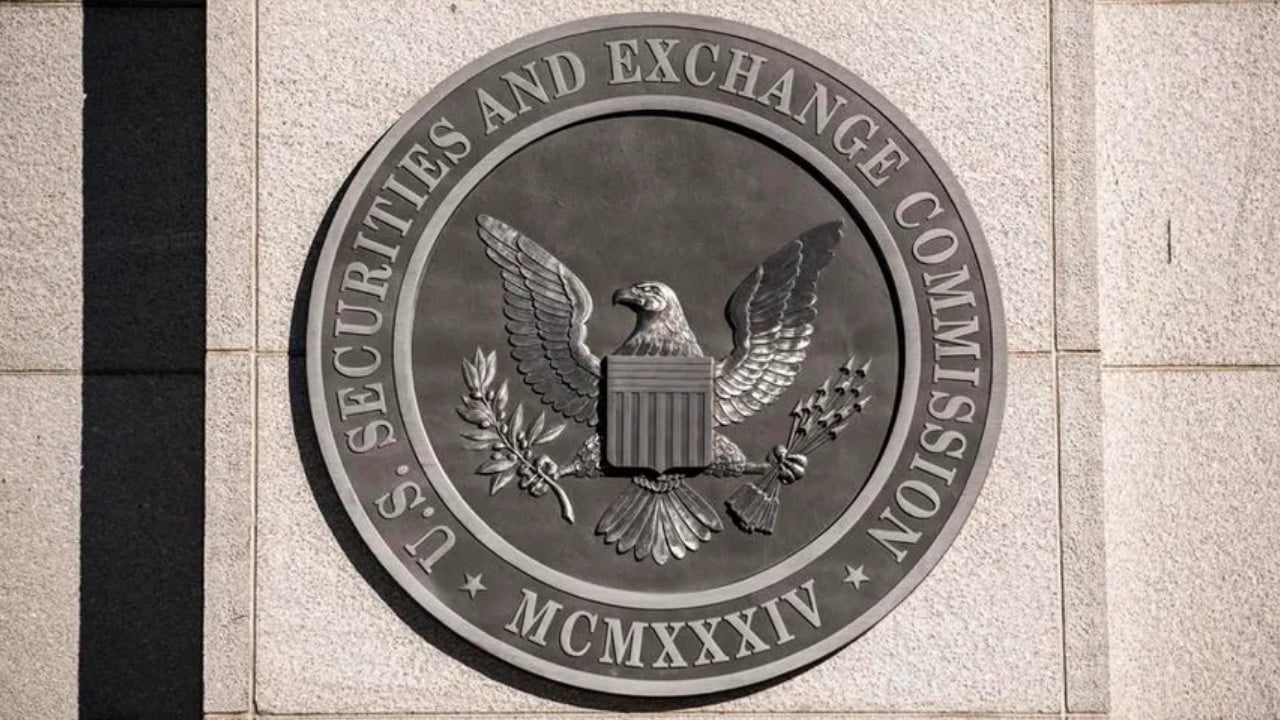The United States Securities and Exchange Commission (SEC) has long been perceived as a reluctant or even adversarial force in the rapidly evolving cryptocurrency landscape. However, with the departure of Gary Gensler and the rise of Paul Atkins to the role of Chairman, the SEC is signaling a significant shift in its regulatory approach. This new direction is characterized by a strong emphasis on tokenization and a commitment to establishing a clear, rational framework for the crypto asset market. This report explores the implications of this shift, examining both the potential benefits and the challenges that lie ahead.
A Change in Tone: From Enforcement to Enablement
Under Gary Gensler’s leadership, the SEC was often criticized for its enforcement-heavy approach to crypto regulation. Many industry participants felt that the lack of clear guidelines, combined with aggressive enforcement actions, stifled innovation and created unnecessary uncertainty. Chairman Atkins has acknowledged these concerns, pledging to move away from outdated enforcement tactics and prioritize the development of clear rules for the issuance, custody, and trading of crypto assets.
This change in tone is significant. It suggests a willingness on the part of the SEC to engage with the crypto industry in a more constructive manner. Rather than simply reacting to perceived violations, the SEC, under Atkins, aims to proactively create a regulatory environment that fosters innovation while safeguarding investors. This shift is not merely cosmetic; it represents a fundamental change in the agency’s philosophy.
Tokenization: The Key to Unlocking Market Efficiency
At the heart of the Atkins’ SEC’s new approach lies tokenization. Tokenization, the process of representing real-world assets on a blockchain, is seen as a key driver of efficiency, transparency, and liquidity in the financial markets. By tokenizing assets, such as real estate, commodities, or even traditional securities, it becomes possible to fractionalize ownership, reduce transaction costs, and automate compliance.
Chairman Atkins has repeatedly emphasized the potential of tokenization to speed up the settlement of trades and make markets more efficient. The SEC hosted several roundtables on tokenization, bringing together representatives from traditional financial institutions, DeFi platforms, and legal experts to discuss the opportunities and challenges associated with this technology. These roundtables underscore the SEC’s commitment to understanding the nuances of tokenization and developing a regulatory framework that supports its responsible adoption.
The benefits of tokenization are numerous. It can:
- Improve Liquidity: Tokenization allows for the fractionalization of assets, making them more accessible to a wider range of investors and increasing liquidity.
- Reduce Costs: By automating processes and eliminating intermediaries, tokenization can significantly reduce transaction costs.
- Enhance Transparency: Blockchain technology provides a transparent and immutable record of ownership and transactions, increasing trust and accountability.
- Increase Efficiency: Tokenization can streamline settlement processes and enable 24/7 trading, improving overall market efficiency.
Navigating the Regulatory Landscape: Challenges and Opportunities
While the SEC’s embrace of tokenization is a welcome development, it also presents a number of regulatory challenges. One of the key challenges is determining how existing securities laws apply to tokenized assets. Are tokenized securities subject to the same registration and compliance requirements as traditional securities? How should the SEC regulate the custody and trading of tokenized assets?
The SEC is grappling with these questions, seeking to strike a balance between protecting investors and fostering innovation. Chairman Atkins has emphasized the importance of developing a rational regulatory framework that provides clear rules of the road for the crypto asset market. This framework must be flexible enough to accommodate the unique characteristics of tokenized assets while ensuring that investors are adequately protected.
Some specific areas that the SEC is likely to focus on include:
- Registration of Tokenized Securities: The SEC will need to clarify the requirements for registering tokenized securities, including the information that must be disclosed to investors and the process for obtaining approval.
- Custody of Crypto Assets: The SEC will need to establish clear rules for the custody of crypto assets, including requirements for safeguarding assets and preventing fraud.
- Trading Platforms: The SEC will need to regulate trading platforms that list tokenized securities, ensuring that they operate fairly and transparently.
- Decentralized Finance (DeFi): The SEC will need to address the unique challenges posed by DeFi platforms, which often operate outside of traditional regulatory frameworks.
The Path Forward: Collaboration and Clarity
The success of the SEC’s new approach to crypto regulation hinges on collaboration and clarity. The SEC must work closely with the crypto industry, legal experts, and other stakeholders to develop a regulatory framework that is both effective and practical. It is equally important that the SEC provides clear and concise guidance on how existing securities laws apply to tokenized assets.
Transparency is also critical. The SEC should strive to be as transparent as possible in its decision-making process, providing the public with ample opportunity to comment on proposed regulations. This will help to ensure that the regulatory framework is well-informed and reflects the needs of all stakeholders.
Furthermore, international cooperation will be essential. Crypto assets are global in nature, and effective regulation will require coordination among different jurisdictions. The SEC should work with its counterparts in other countries to develop consistent regulatory standards and prevent regulatory arbitrage.
A New Dawn for Crypto Regulation
The SEC’s shift towards embracing tokenization and establishing clear rules for the crypto asset market represents a significant turning point for the industry. Under the leadership of Chairman Atkins, the SEC appears to be moving away from an enforcement-first approach and towards a more balanced and constructive regulatory framework. This new approach has the potential to unlock the full potential of tokenization and foster innovation in the financial markets, while ensuring that investors are adequately protected. However, the path forward is not without its challenges. The SEC must navigate complex regulatory issues, collaborate with industry stakeholders, and provide clear guidance to the market. Only then can the promise of tokenization be fully realized. The future of crypto regulation, once clouded by uncertainty, now seems to be illuminated by a cautious but optimistic light.

